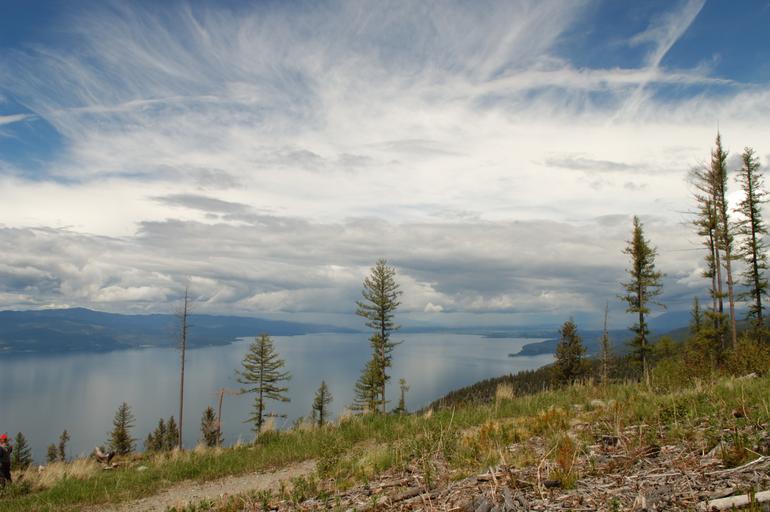The latest episode of the “Clean Water Pod” travels to northwestern Montana’s Flathead Basin to explore nutrient pollution resulting from underperforming or failing septic systems. Multiple studies have identified septic leachate as a primary source of this contamination, making it a focus of the watershed’s nutrient Total Maximum Daily Load (TMDL) strategies to meet water quality standards.

Host Jeff Berckes is joined by three environmental science professionals working in the Flathead Basin: Emilie Henry, program coordinator of the Western Montana Conservation Commission (formerly known as the Flathead Basin Commission); Nanette Nelson, research scientist at the Flathead Lake Biological Station, University of Montana; and Mike Koopal, executive director and founder of the Whitefish Lake Institute.
The guests speak about challenges associated with septic systems, how they impact water quality, and the role homeowners can play in preventing this type of pollution. They also discuss the latest research and innovative collaborative projects that tackle this source of nutrients. From partner workshops to reimbursement programs to remote sensing and risk maps, the trio highlight a regional, multipronged approach to addressing septic leachate and improving water quality.
The “Clean Water Pod” is available on most podcast platforms, including Apple Podcasts, Spotify and Google Podcasts.
Podcast updates are posted on X (@CleanWaterPod), as well as NEIWPCC’s social media channels (@NEIWPCC).
About The Clean Water Pod
Through perspectives and stories from across the country, the “Clean Water Pod” explores the challenges and successes of restoring and protecting water quality through the Clean Water Act 303(d) program.
This podcast is funded by a grant through the U.S. EPA and produced by Flip the Field and NEIWPCC.
Learn more about our work around the 303(d) program.